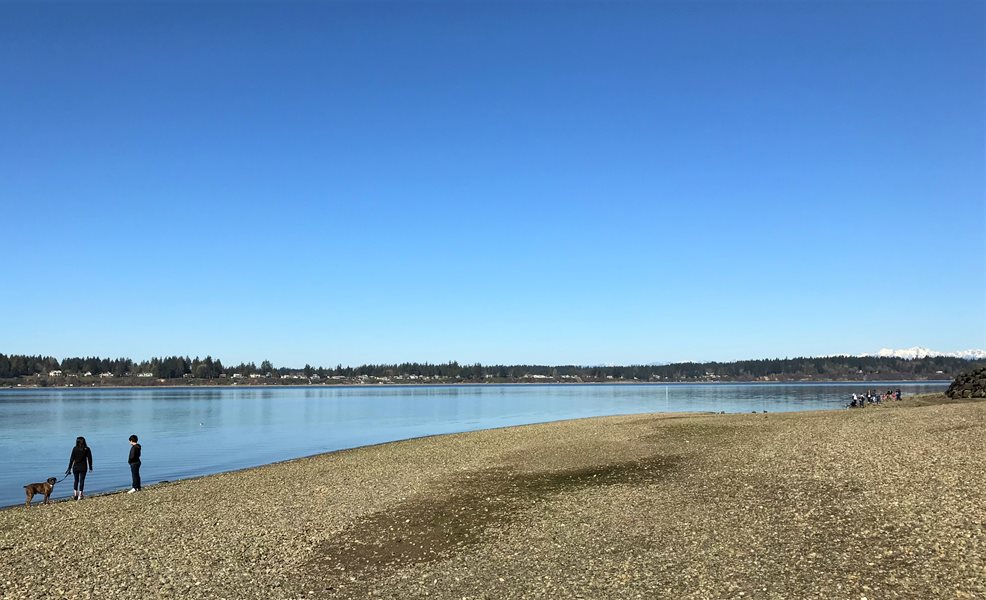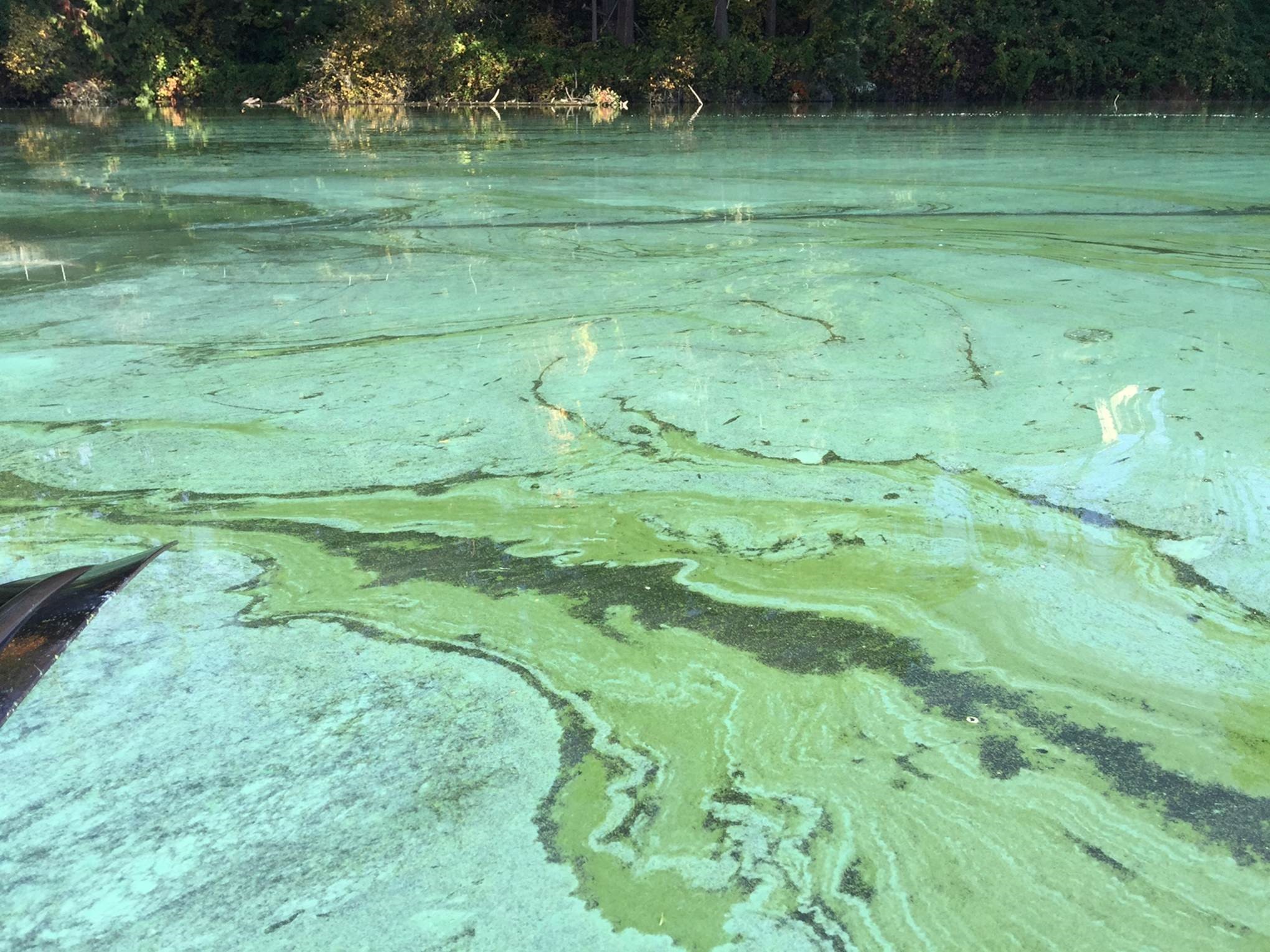
We’ve had some very warm and sunny days recently — that’s right, summer is almost here! You might be heading to a beach soon to dip your toes in or splash in cool refreshing water. A day at the beach is relaxing and fun; however, there is a small chance visiting the beach could make you sick from fecal (poop) bacteria. We want to help you have a safe and memorable day at the beach.
From May to September, we test the water at marine beaches on the coast and throughout the Puget Sound/Salish Sea region. This year we are testing 59 beaches with the help of our partners and volunteers — we couldn’t do this without them!
We look for fecal bacteria, called “enterococcus,” that are found in human and animal poop. Enterococcus can make people sick, causing vomiting, diarrhea, skin rashes, and wound or ear infections. We then share those results with the public and post advisories if needed.
Don’t let beach poop ruin your day
You can avoid getting ill at the beach by checking our beach swimming map before you go. We update the status of all the beaches we monitor every week to help you plan your trip to the beach.
If a beach has high levels of fecal bacteria, we work with local health districts to report advisories or closures, as needed. Our partners also post advisory signs at the beach, so look for them before you play in the water.
Whether or not a beach is closed to swimming and water contact, it's a good idea to take precautions. Wash your hands before eating, especially if you've been playing in the sand, and shower after swimming at a beach.
Help keep our beaches clean
The short answer is, keep poop off the beach. Several factors can lead to unsafe levels of fecal bacteria on marine beaches including pet waste, leaky diapers, and wildlife. Here’s what you can do to help:
- Use restrooms and swim diapers — Take frequent trips with your kids to the park’s restrooms and put younger kids in swim diapers.
- Scoop the poop — Pick up your dog’s poop, bag it, and throw it in the trash.
- Don’t feed wildlife — Feeding birds and other wildlife can be fun, but it encourages them to stick around, ultimately bringing more poop to the beach. Pick up your trash and don’t feed the wildlife, no matter how cute they are!
- Don’t swim sick — Avoid swimming if you’re not feeling well, especially if you have diarrhea.
- Pack out trash — Pack your trash in a bag, and throw it away in the trash at the beach or at home.
- Boaters can help — Learn about the Puget Sound No Discharge Zone, and use pumpout facilities to pump out sewage.
Lake swimming and shellfish harvesting
The BEACH Program and our partners only monitor saltwater beaches. Freshwater swimming areas have their own challenges, such as toxic algal (cyanobacteria) blooms. Local health jurisdictions monitor some freshwater swimming lakes. You can also check Washington State Toxic Algae for statewide reports on algal blooms in lakes, ponds and streams.
Marine algae can also affect shellfish, making them unsafe to eat. Visit the Shellfish Safety map at Department of Health to see where beaches are closed to harvest due to algal blooms, bacteria, viruses, or other pollution.
Stay up to date on bacterial beach closures every summer
Remember to check the status of your favorite beach by visiting our beach swimming map. Join our email list to receive our latest Fecal Matters newsletter updates via e-mail.
We also share information about closures and advisories on Twitter, Facebook, and our website. Follow us to get the latest beach closure news.


